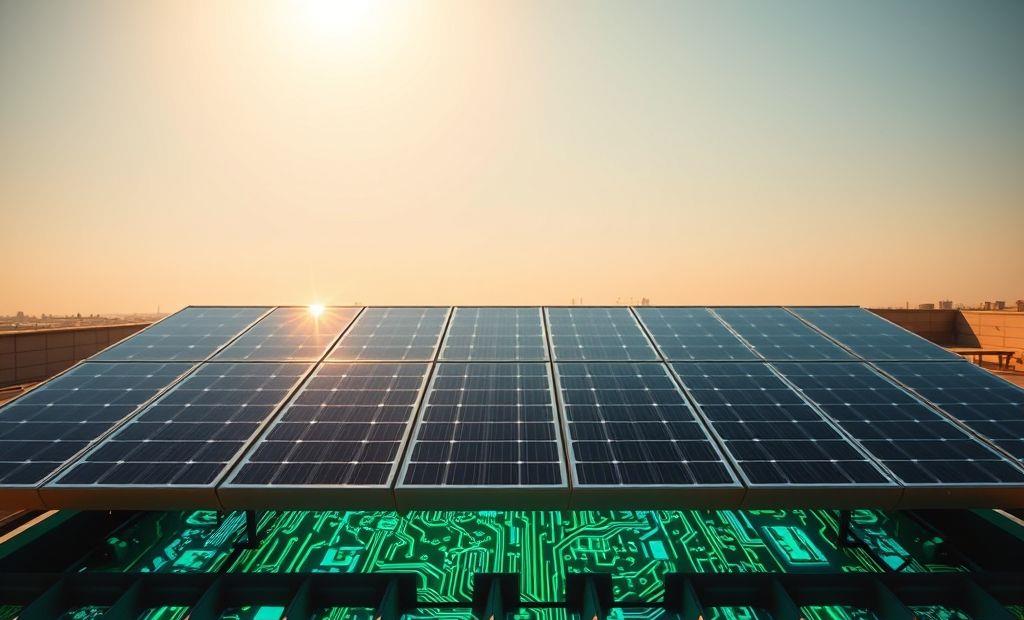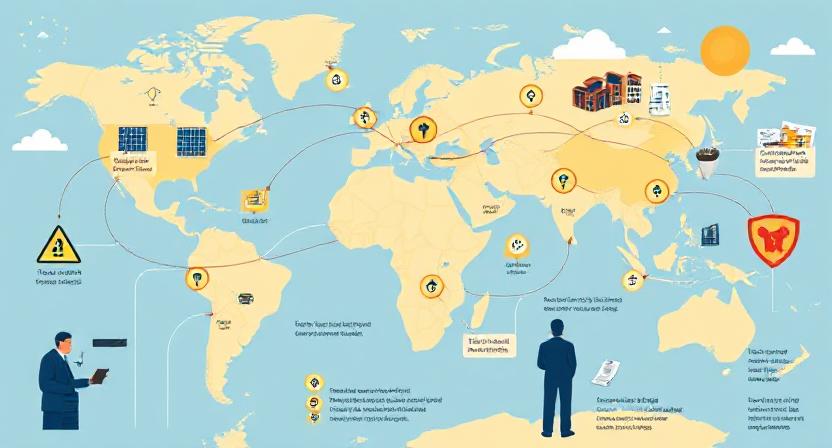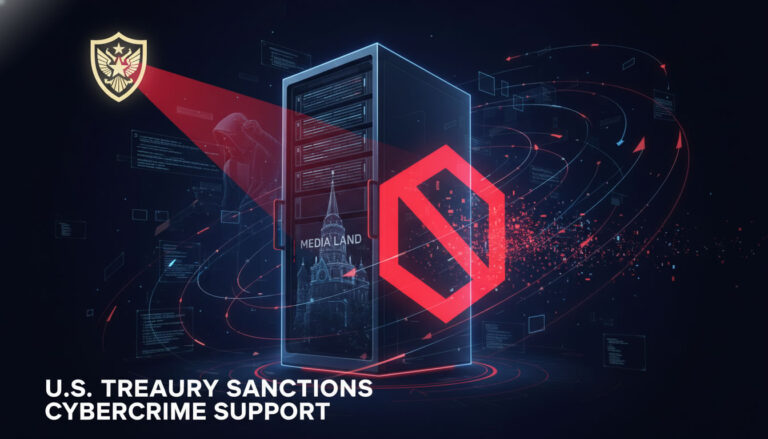Solar Rooftops A Surprising Security Concern?

Solar Rooftops: A Surprising Security Concern? Did you know your home’s solar panels can be more than just an energy source In fact they are...
⏱️ Estimated reading time: 2 min
Latest News
Solar Rooftops: A Surprising Security Concern?
Did you know your home’s solar panels can be more than just an energy source In fact they are increasingly part of national security discussions. Moreover as solar energy adoption grows potential vulnerabilities also increase. Therefore let’s explore how rooftop solar has become a security concern.
The Rise of Solar and Potential Risks
Solar energy is booming Consequently governments and homeowners alike are embracing it for sustainability and cost savings. However this rapid growth brings new challenges. As a result security experts are looking closely at the potential risks associated with distributed solar energy generation.
- Data Vulnerabilities: Solar inverters and monitoring systems collect data. If these systems aren’t secure they can be hacked.
- Grid Instability: A coordinated attack on numerous solar installations could potentially destabilize the power grid.
- Supply Chain Concerns: Many solar components come from overseas raising concerns about potential backdoors or compromised hardware.
Cybersecurity and Solar Infrastructure
Cybersecurity is paramount. Additionally solar installations are becoming increasingly connected. However this connectivity introduces vulnerabilities that malicious actors could exploit. For example, consider the communication between inverters monitoring systems and grid operators. Consequently each connection point represents a potential entry point for cyberattacks. As a result researchers and government agencies. like those at the Department of Energy are actively investigating these threats.

Supply Chain Security: A Critical Factor
The solar supply chain’s global nature raises concerns. Many components originate from countries with different security standards. The risk of compromised hardware or embedded malware is a genuine worry. Governments are considering policies to bolster domestic solar manufacturing and diversify supply chains, aiming to reduce reliance on potentially untrustworthy sources. Ensuring the integrity of the entire supply chain is crucial for mitigating national security risks.
What’s Being Done to Mitigate Risks?
Several initiatives are underway to address these security concerns:
- Enhanced Cybersecurity Standards: Developing and implementing robust cybersecurity standards for solar inverters and monitoring systems.
- Supply Chain Diversification: Encouraging domestic solar manufacturing and diversifying the supply chain to reduce reliance on single sources.
- Grid Resiliency Measures: Implementing grid modernization projects to enhance grid stability and resilience against potential attacks.
- Public-Private Partnerships: Fostering collaboration between government agencies solar companies and cybersecurity experts to share information and develop solutions. The North American Electric Reliability Corporation NERC also plays a key role in setting reliability standards.
Related Posts
Bluesky Enhances Moderation for Transparency, Better Tracking
Bluesky Updates Moderation Policies for Enhanced Transparency Bluesky, the decentralized social network aiming to compete...
December 11, 2025

Google Maps: Gemini Tips, EV Charger Predictions & More!
Google Maps Gets Smarter: Gemini Tips & EV Updates Google Maps is enhancing user experience...
December 9, 2025

US, UK, Australia Sanction Russian Web Host
Crackdown on Russian ‘Bulletproof’ Web Host The United States, United Kingdom, and Australia have jointly...
December 6, 2025











Leave a Reply